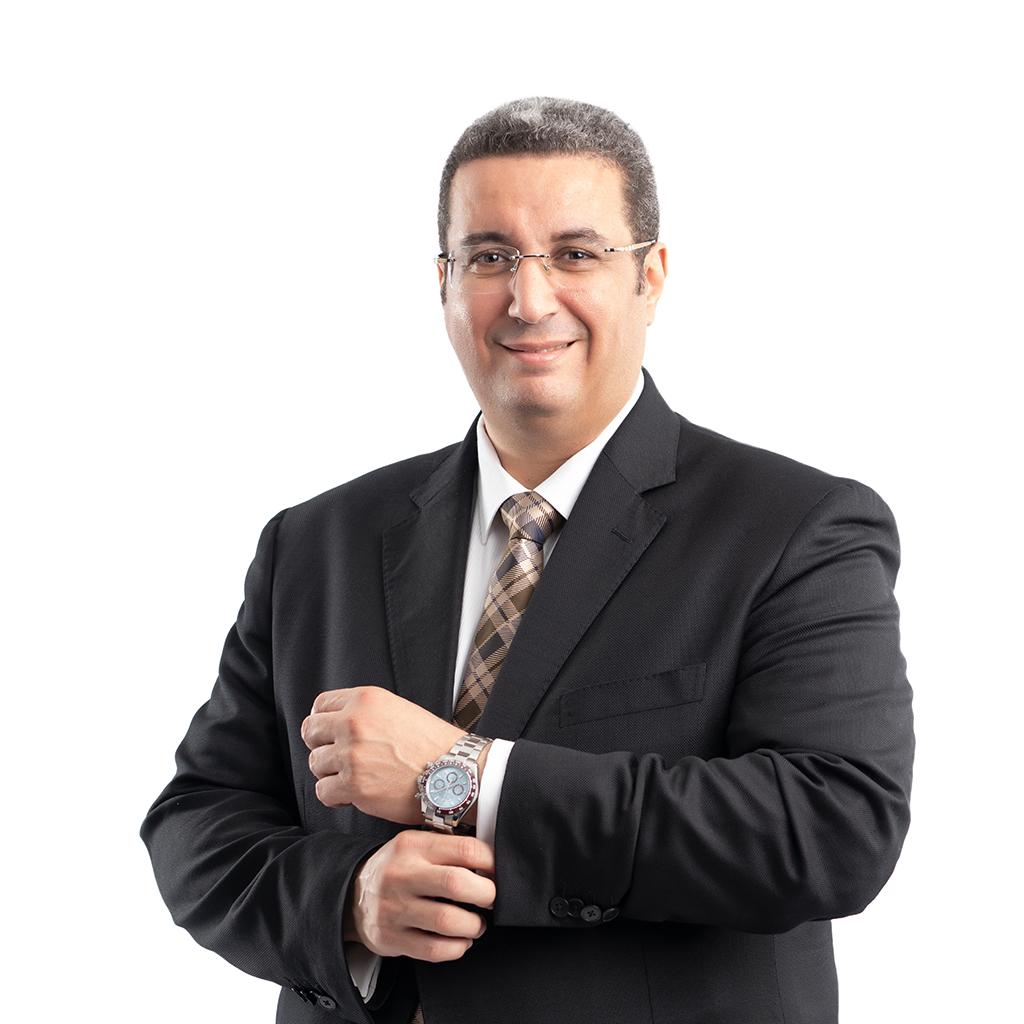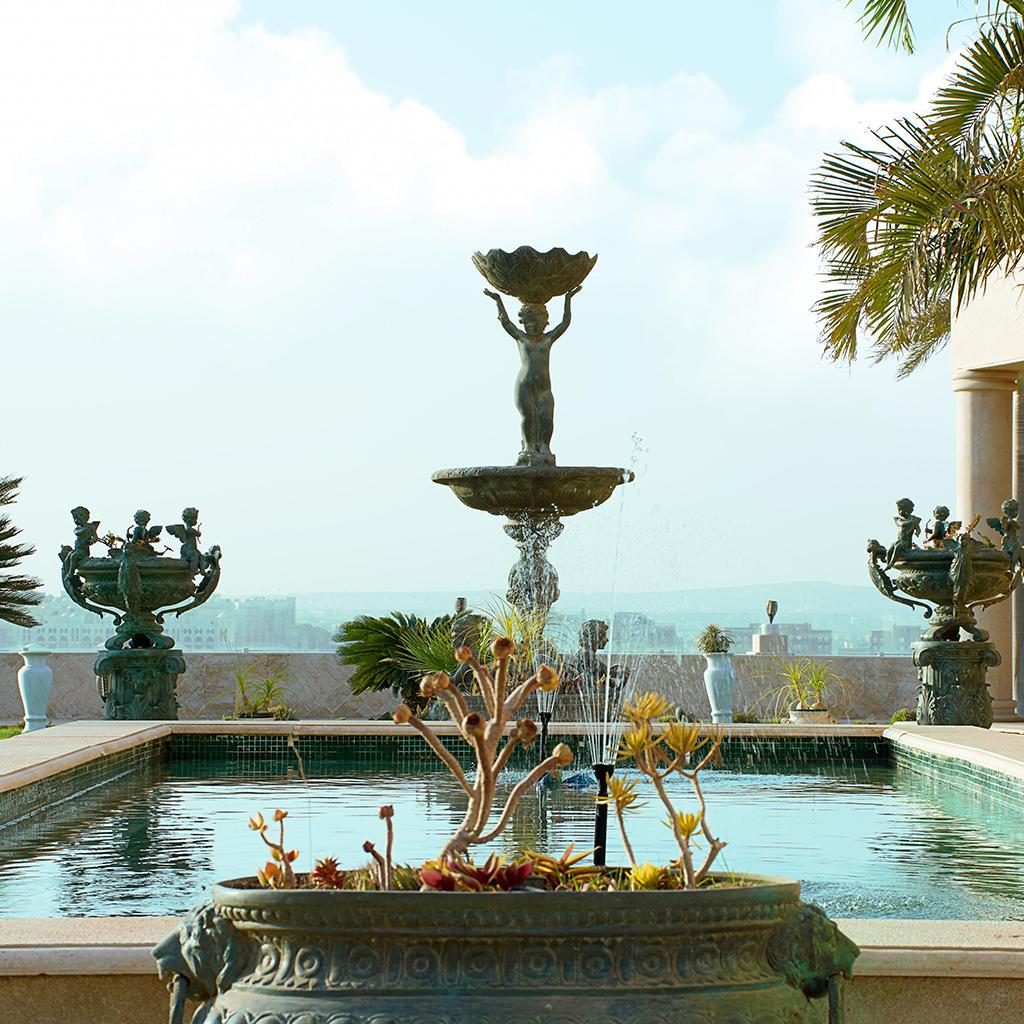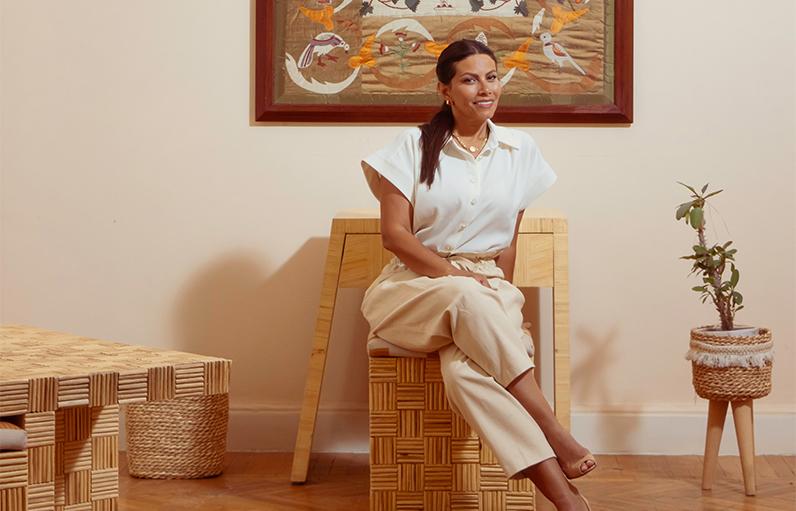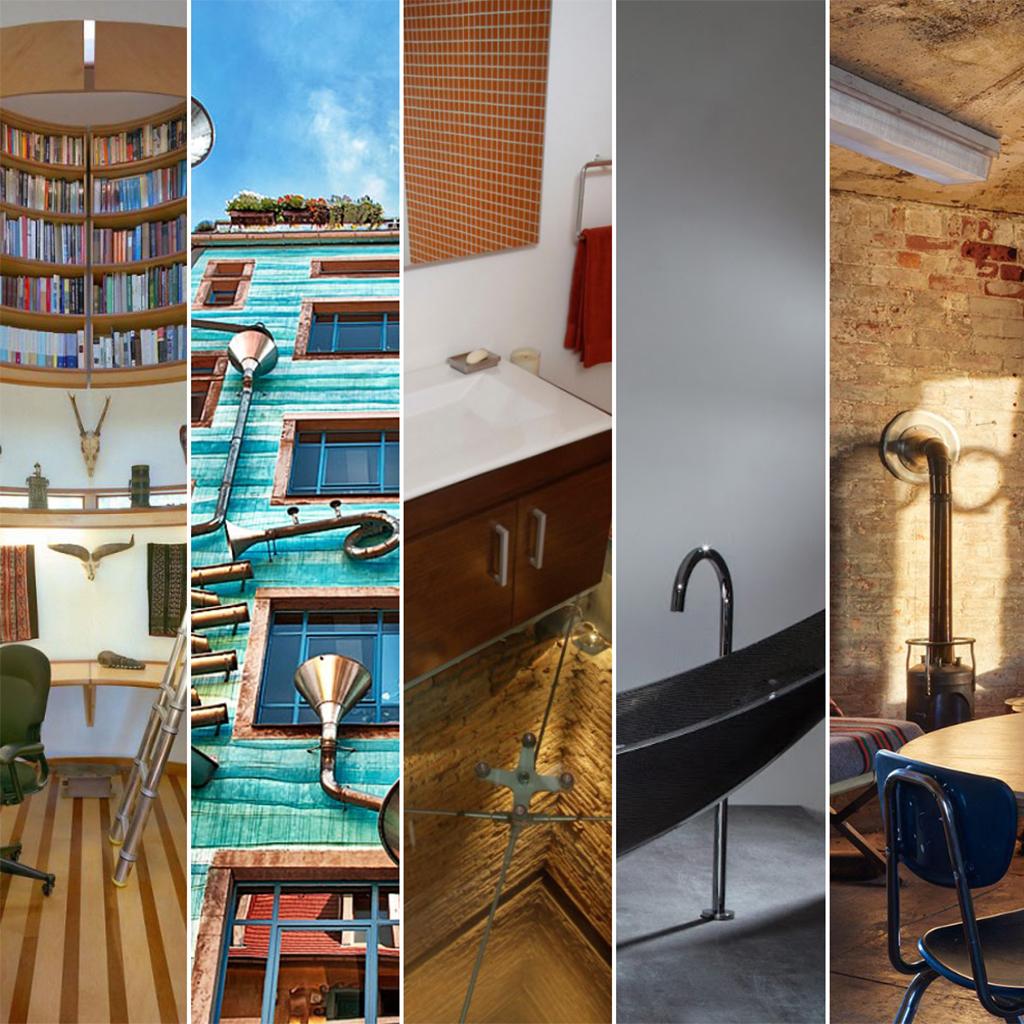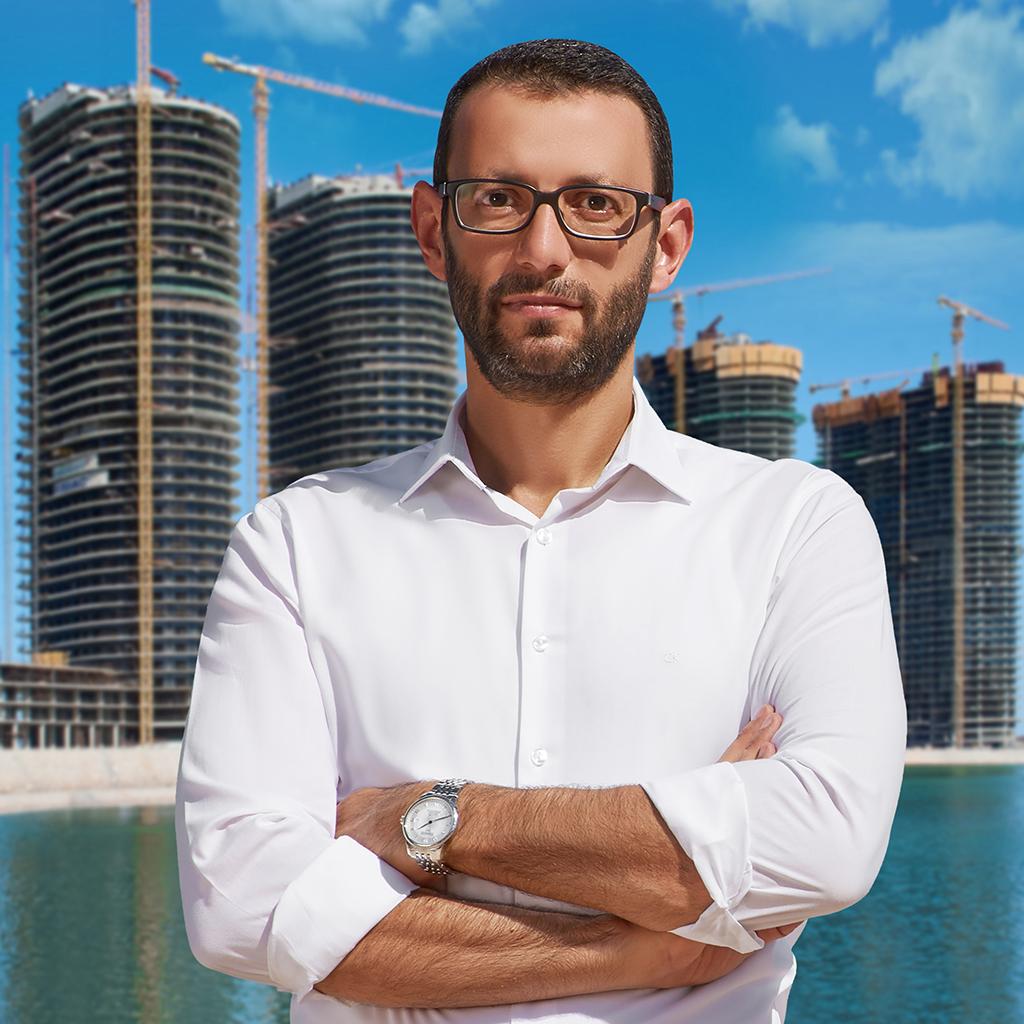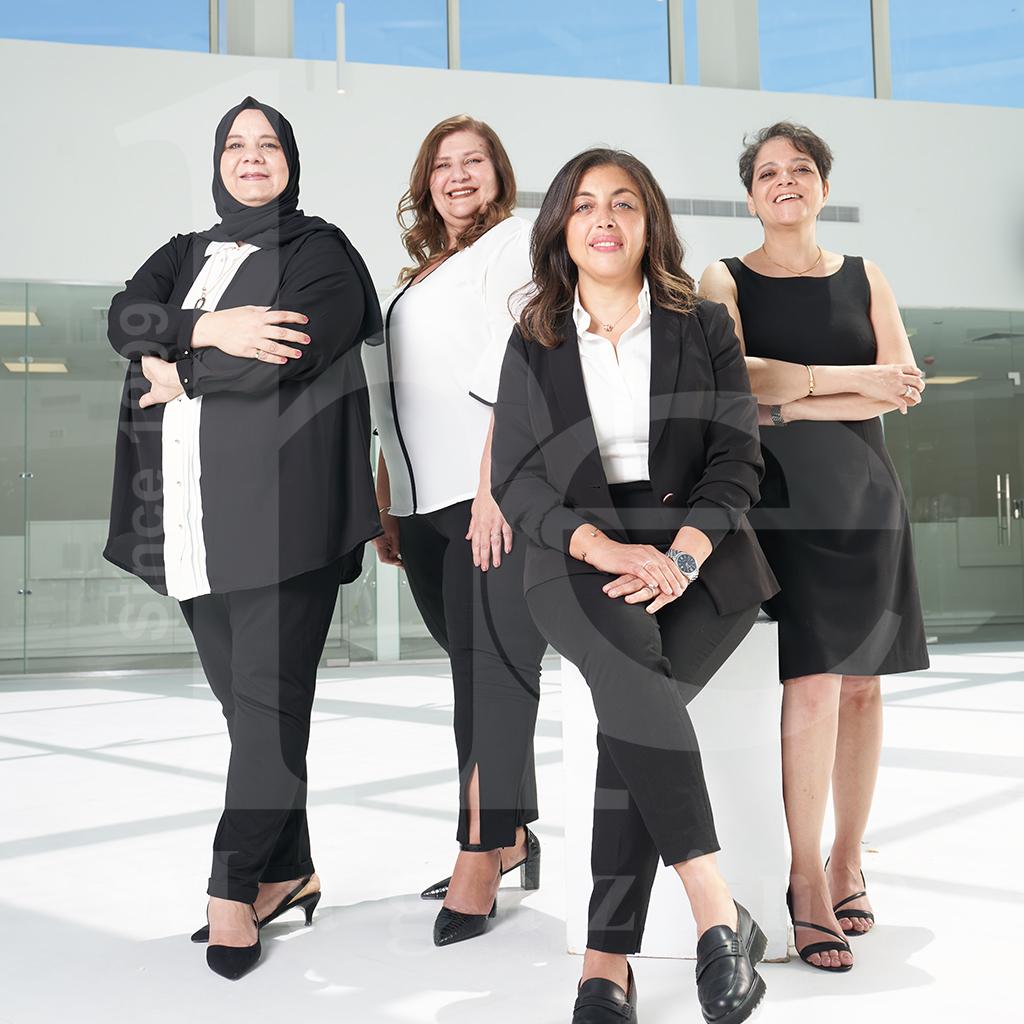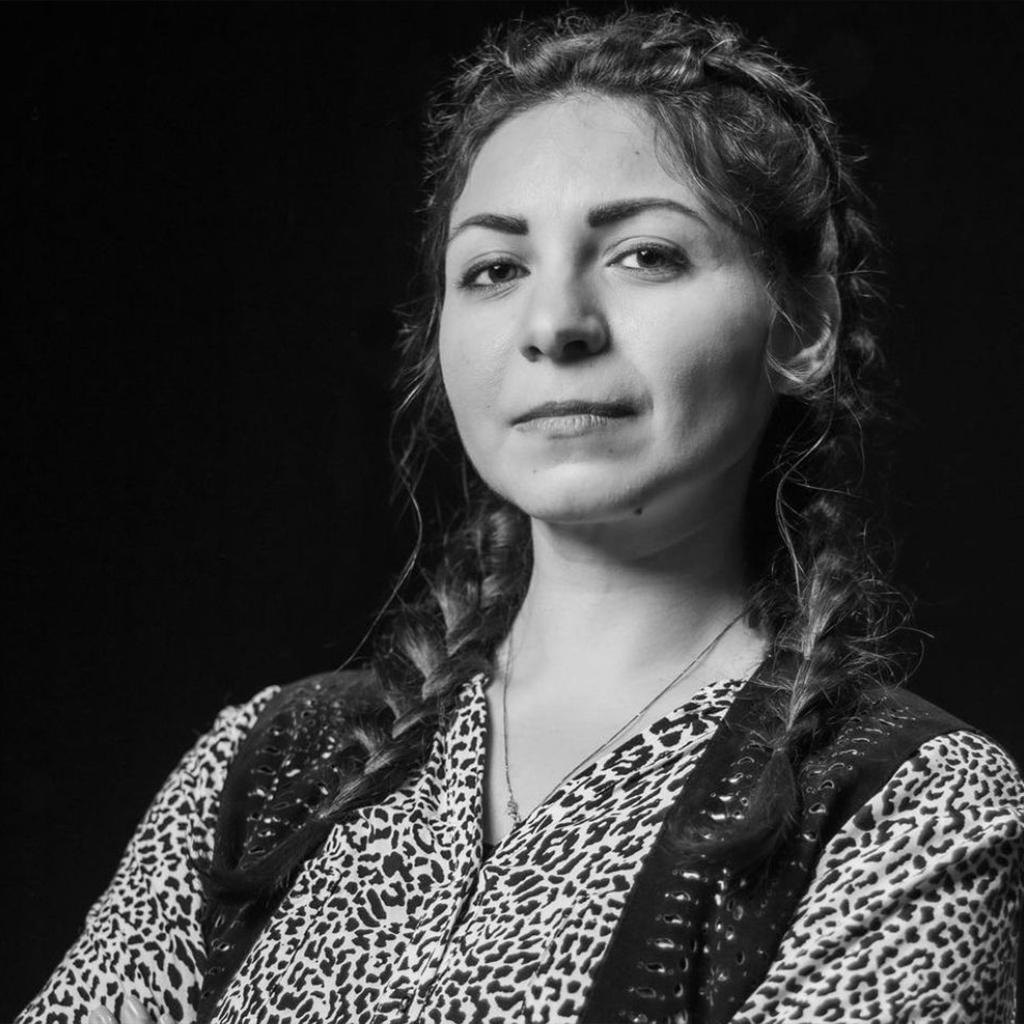
Written by: Farah Hassan
Date: 2022-06-01
An in-depth interview with Esorus’s founder and CEO, Dalia Laz
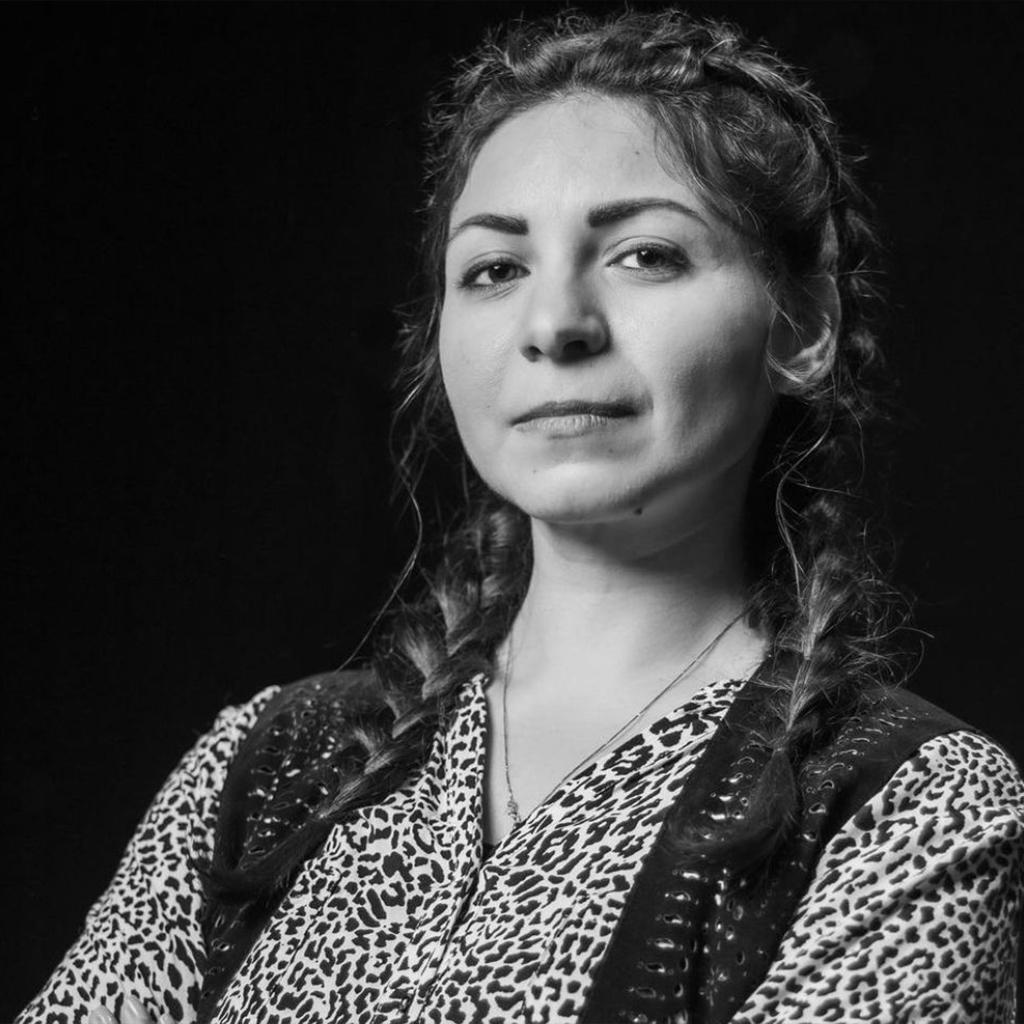
Imagine that after putting a lot of effort in a project to perfect it from your part as a designer, you realize that the quality of the materials chosen to finish the project or the manner in which the materials to be installed for the overall project won’t be of high-quality as you expect. Very frustrating, right? It makes sense that architects, interior designers, landscape architects and others in similar fields are now wanting to become more actively involved in the process.
Esorus is a Maadi-based company that has been in the market for four years now. Essentially, the business aims to bridge the gap between suppliers and designers in the architecture process to create a smoother design process devoid of any mishaps and hassles. Through our enlightening chat with architect and entrepreneur Dalia Laz, Esorus’s founder and CEO, was able to walk us through the company’s history, how it started and the importance of such a project. It’s important to also mention that she has been nominated by Womenpreneur as one of the 18 women who turned crises into opportunities during the global pandemic.
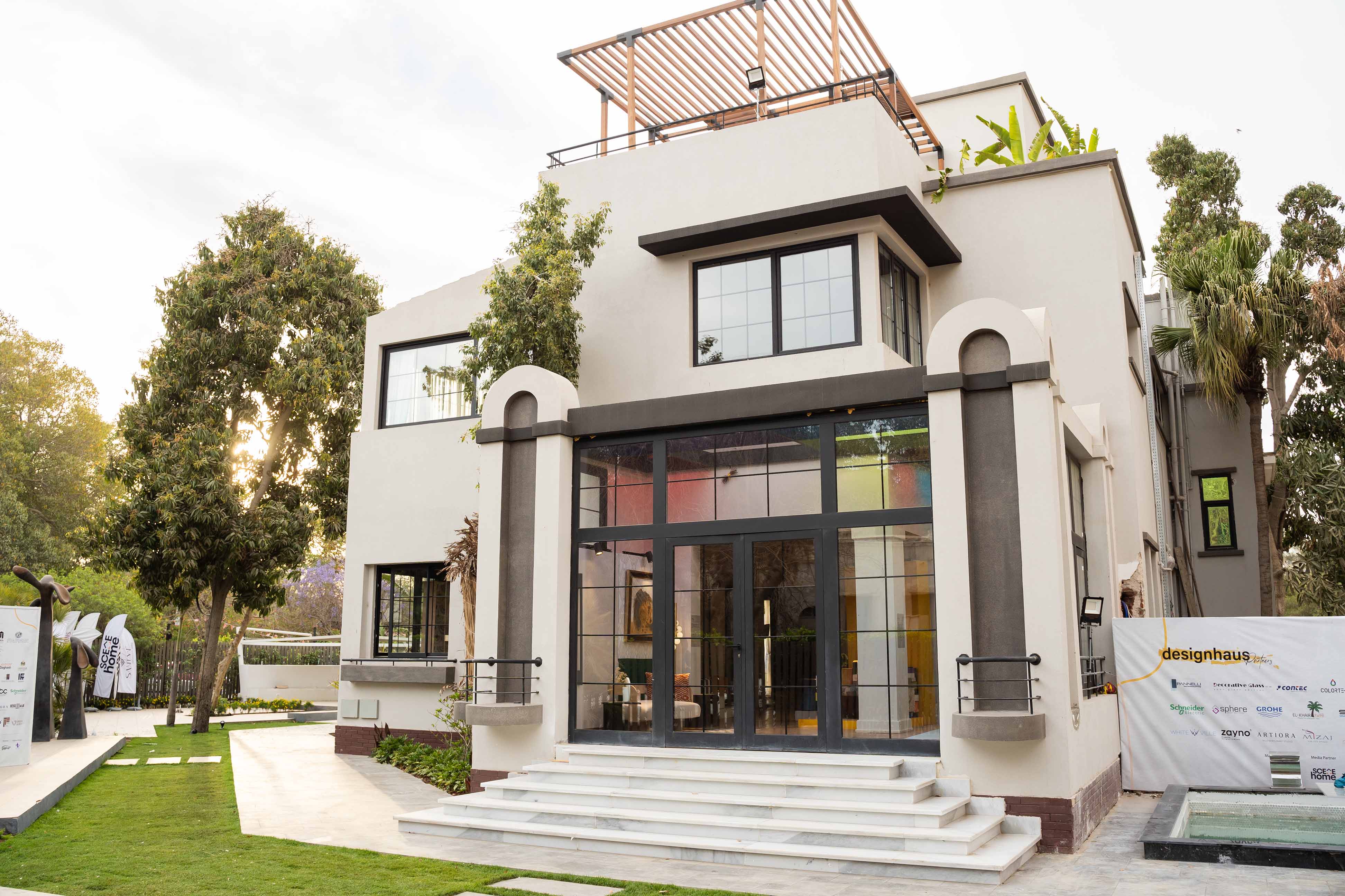
Esorus is a network concept that centers on supplier connectivity that joins designers and clients with suppliers. “When I was living abroad, I got the opportunity to ship goods from Egypt to industries abroad and connect Egyptian manufacturers to hospitality projects with goods like carpets, rugs, cloth and other materials. Through my work, I found that there is a gap between the suppliers and those who look for ones, I thought to myself why not put knowledge to the test and use the verified suppliers that I know in a platform so it can be portrayed for people to source.”
The Eye of Horus, the powerful symbol of protection in ancient Egypt was incorporated into the company’s name, giving it an Egyptian-based flare along with the technical side of e-sourcing hence the name Esorus. “I kick-started the business during the end of 2018 but officially started in 2019 with some clients wanting FF&Es; an acronym for furniture, finishing and equipment; a booklet that comes with any technical package and includes all the project’s sourcing. For example, in a project that entailed the usage of marble, you get to know specific details like where the marble comes from, who supplies it, its quantity and its detailed specifications, all in that specific booklet”. FF&E is the well-used contractual term that most of the architecture industry works with to categorize the mobile, non-fixed furnishing products specified for a project.
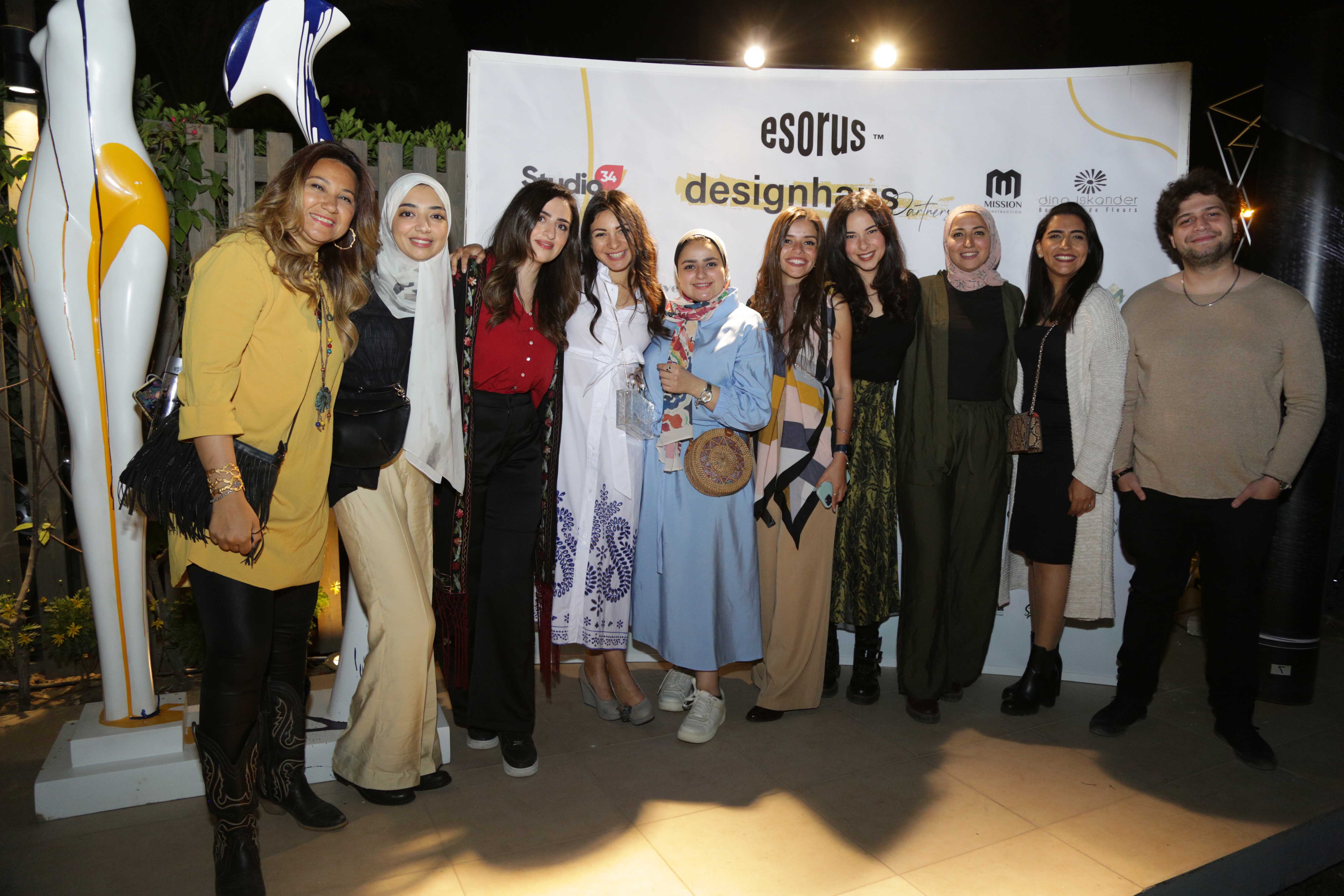
With the rise of the global pandemic in 2020, the company started digitalizing everything, calling on renowned designers that they knew; like Mona Hussein, Karim Elassal, Ahmed Fayyad and Karim El Hayawan, wanting to inaugurate an initiative with designers whose services posed as a necessity as opposed to a luxurious one, since most of the people at the time were stuck at home and wanted to embellish their home décor. “Moreover, we also focused on the actual content being presented, whereby having a part that explicitly talks about content, we created Design to Gouna, Design to Alexandria and several other Design to places in order to promote design; showing people that being in a well-designed surrounding improves the wellbeing and productivity of a person.”
Among the many collaborations Esorus has done, the one that left a remarkable impact was the one done with Film My Design; the first and only design film festival in the Mena region based in Cairo, Egypt, filming all over the world from Japan to Italy and showcasing them in Zawya Cinema exclusively for three days to educate people on all things design. “They are also working on bridging the gap between filmmakers and designers. We hosted their closing ceremony here and it was nice having their network and ours unite for a day and we planned to screen films for them on our roof in the future.”
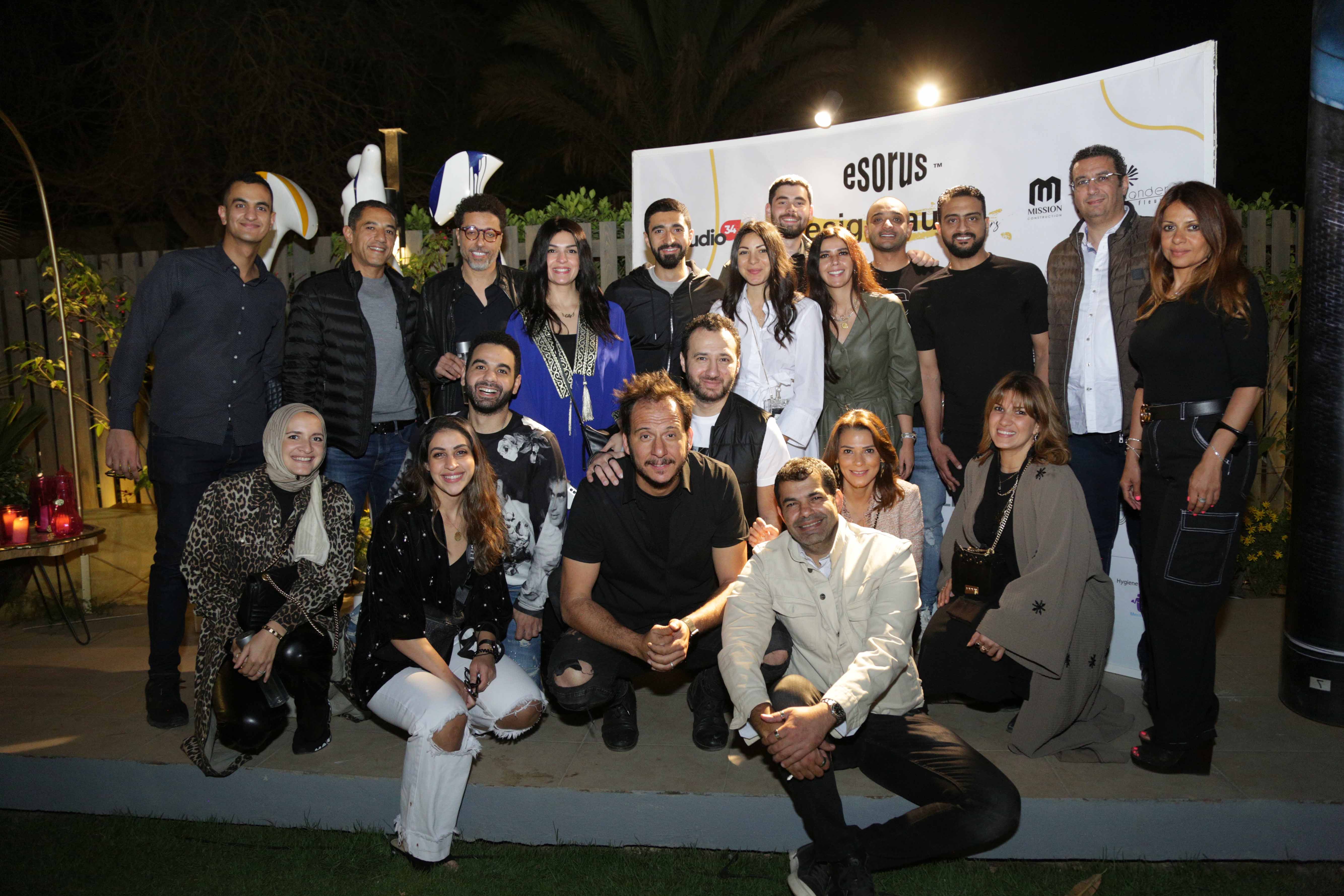
The collaboration between buyers and suppliers has increased in recent years to become a natural part of the operations of any company that develops complex products, which incentivized Laz on creating a platform that catered to such collaborations with Laila Badawy as a partner and Peter Soliman as Esorus’s CTO along with an operational team, a marketing or rather a design relation team and a technical team. Laz explained that it wasn’t a walk in the park during the company’s early stages, and naturally, for any start-up, there weren’t that many members to support the business. “I started the company alone at the beginning and hired one more person to work with me along with a few interns. We stayed this way for quite a while, operating solely on hard-working and dedicated interns. From then, I started expanding a bit more, growing to become three employees, and then by 2020, the team became around six. The challenges I faced were always the same during the start: wanting to create a bigger team, but like any rising business the turnover was very high especially since we did not have a permanent location at the start. Thankfully, we are now a total of eighteen members, two of them I worked with since they were interns in Esorus and have become one of the most valuable members on the team.”
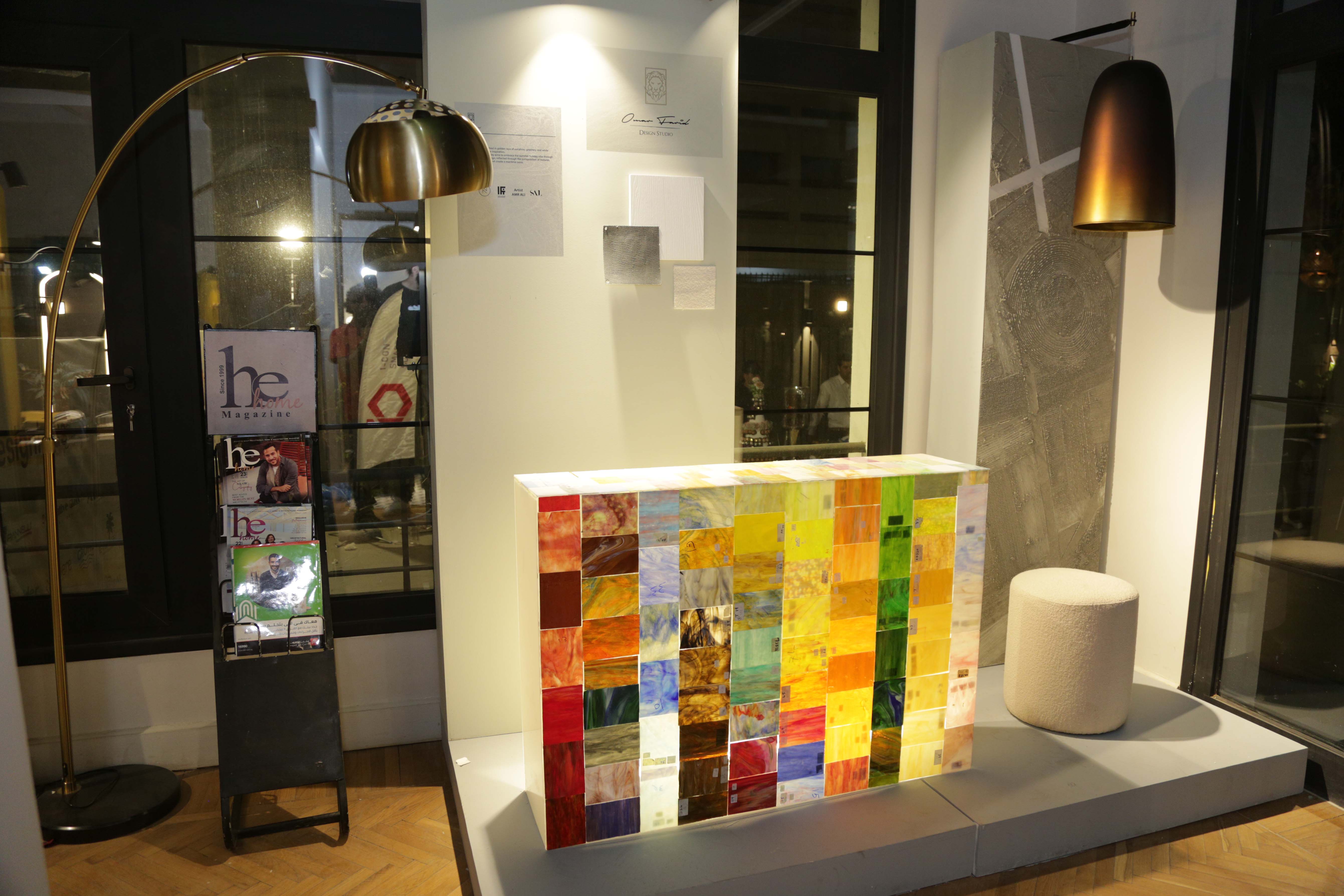
By 2021, the company originally being a digital platform since birth, took a physical hub in Maadi, Cairo, wanting to have a tangible place where verified suppliers would be able to portray and showcase their materials and products for designers, clients and even other suppliers wanting to grow in their industry to come in and see the library of materials that are available in the market. Laz divulges, “people coming in would be able to see virtual reality showrooms that are a more convenient option instead commuting all over Cairo to see products; coming here and checking out the summary of what is available in the country’s market. In turn, we would recommend them the suppliers based on their needs and wishes. There would also be a place where people would be able to come and work here in addition to collaborations, using this space as an event holding area where workshop talks are held. In the future, we are planning to host events on specific topics in the architecture field like material, lighting and landscape, having a different theme every time and inviting members and people from our extensive network that are an important asset to such topics.”
As reported by “The Architect’s Journey to Specification”, 85% of specifying architects use manufacturer websites to seek out products and materials. This makes websites the most used source, ahead of manufacturers, developed continuing education, manufacturer representatives, products from previous projects, and events and conferences. The founder, Laz explains that a big part of the company’s role is to raise awareness on that aspect, as one could say it is a fairly foreign topic in Egypt, “Esorus can give exposure and be the meeting point of clients. We are a networking hub, but more than anything else, we want to educate people on suppliers, on materials, on actually being good in the technical part of the project as there are a lot of suppliers missing that perspective, and so ultimately, we want to assist them in that point of view.”
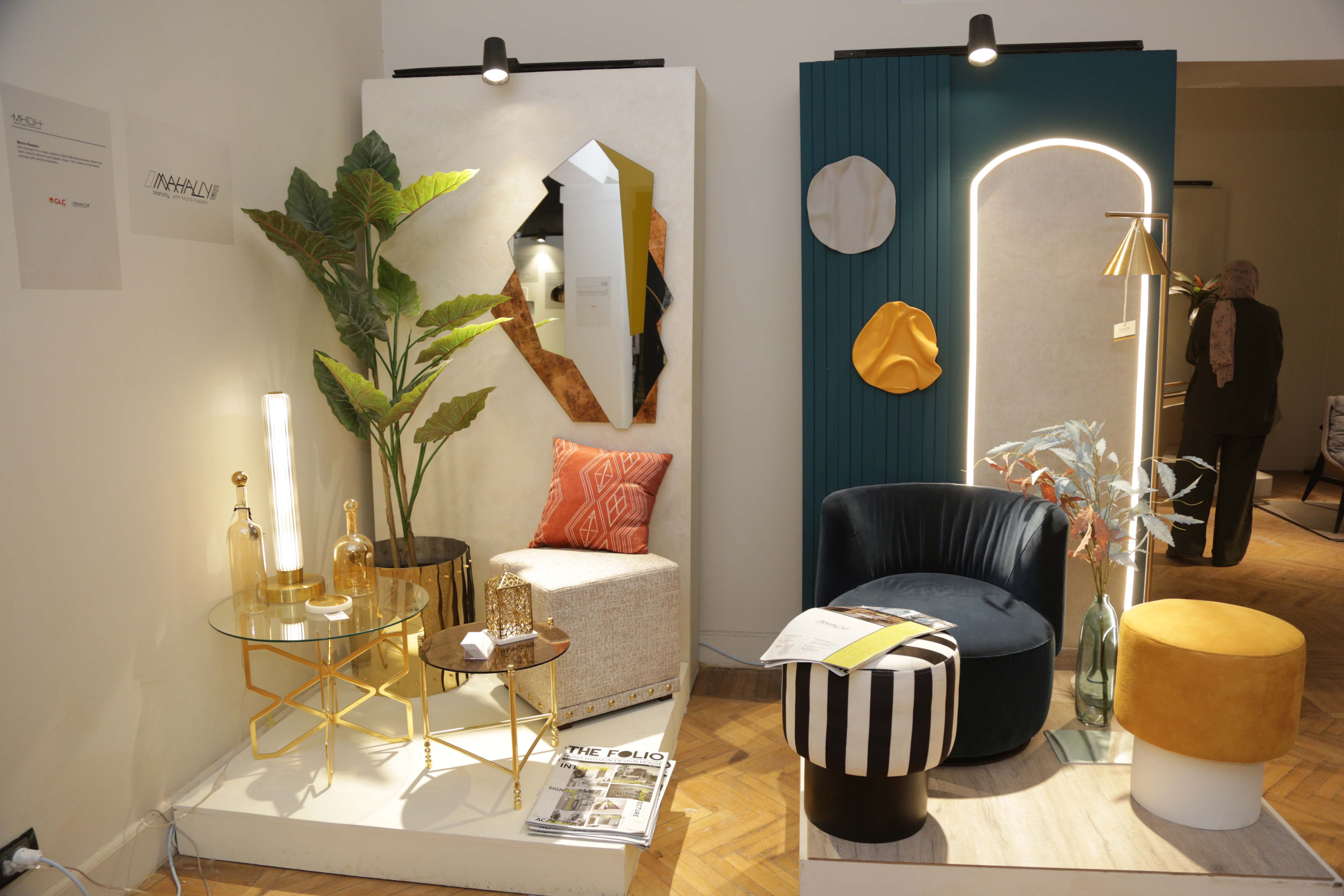
According to the Egyptian founder, Laz believes a great disparity in our society, from the design, architecture and planning standpoint, lies in the true comprehension of the term sustainability. The word has become more of a trend rather than a necessary shift, often thinking that sustainability in design means to only come up with something that has minimal negative impact on the environment. “Being sustainable does not mean everything green and recycling; it is a very expansive topic and unfortunately everything in the building and construction industry is completely destroying our planet and we need to raise awareness on such matters. Going green is not only about using eco-friendly materials it is also about cutting the costs of the logistics, understanding and trying to minimize the carbon footprint of everything and aiming to ultimately become carbon neutral.” But beyond that, architecture needs to consider more than just the environment in order to be sustainable; it should have a positive cultural, social and economic impact and an understanding of place.
The future of architecture is not worth considering without also considering the future of the construction industry as a whole. Laz concludes, “collaboration is the key message to our platform - people should learn from one another, me being the competition to someone else does not mean that I should not talk about my business and give advice. We need to start opening up and hosting discussions between competitors in order to learn from each other and to create a stronger advancement in this market.”
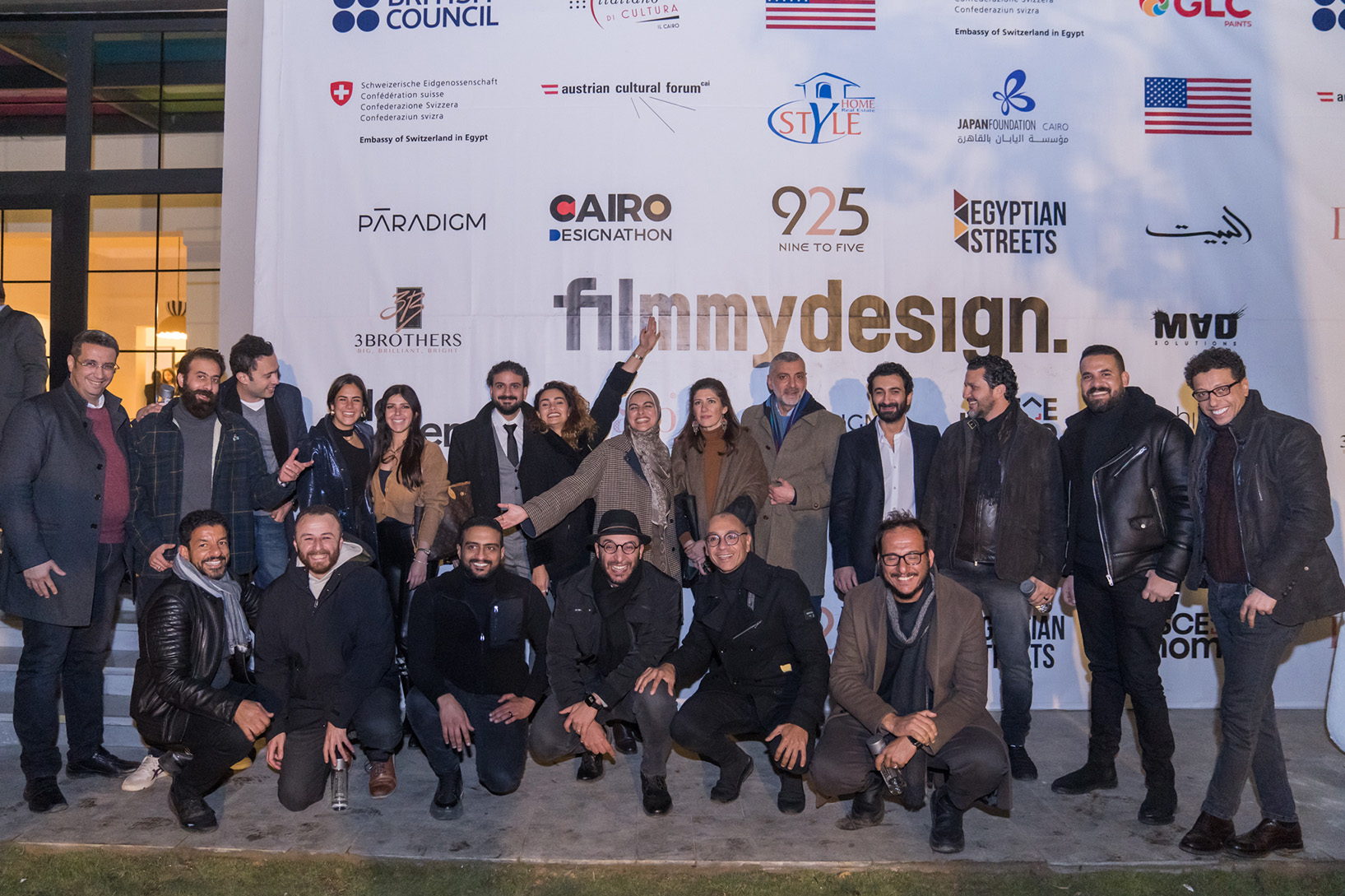
The company is open for memberships to both designers and suppliers, giving benefits to both, and for end-users to be a one-stop shop for finding verified designers, contractors, finishing materials and furniture, lighting and accessories. In terms of the designer, they would be privy to having discounts for more than three hundred suppliers in addition to also getting points. And as these points accumulate, several trips are planned out. The company arranged a trip for a designer for Dubai’s latest design week and is planning one for the upcoming Milano design week.
